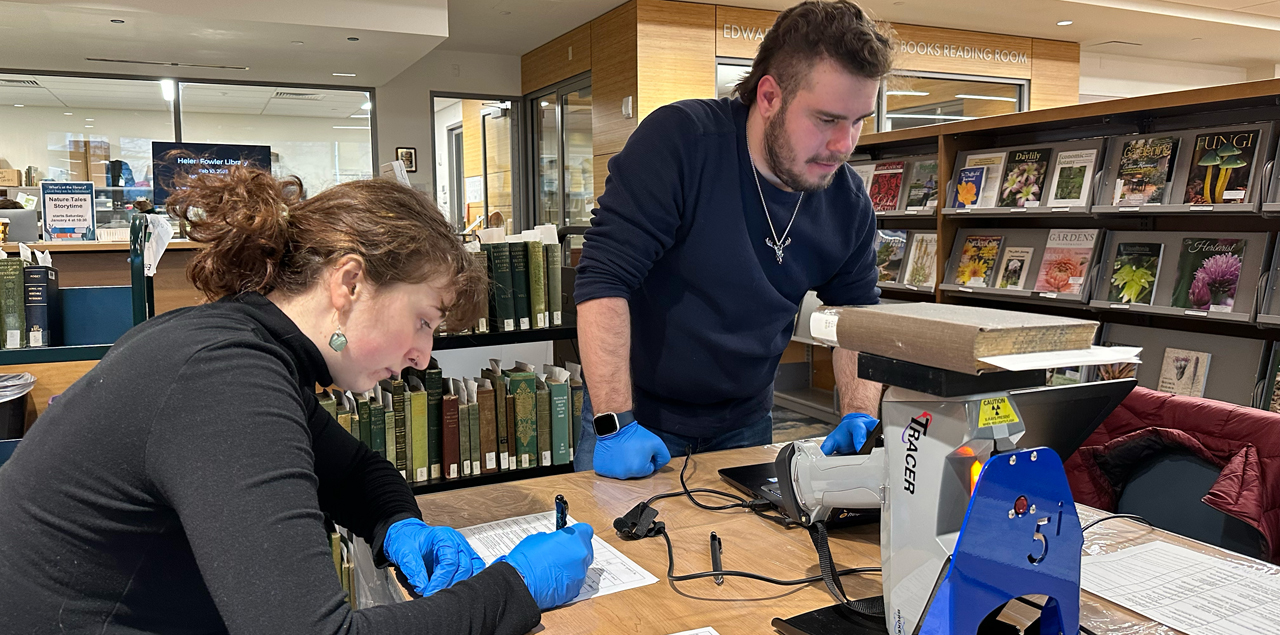
I still remember the first time I walked onto the Don Bosco Cebu soccer field – the vibrant green turf stretching out before me, the sound of cleats tapping against the ground, and that distinct energy that only serious athletic programs seem to generate. Having followed youth soccer development across the Philippines for over a decade, I can confidently say there's something special happening at Don Bosco Cebu, something that reminds me of how successful sports programs operate. It's not just about producing star players; it's about building complete systems where every component matters.
This reminds me of something I came across recently about the Tamaraws basketball program. Chambers, a respected voice in Philippine sports, made this brilliant observation about how narratives often focus too much on individual stars. He pointed out that while "Pre" was undoubtedly the runaway winner of last year's Rookie of the Year honors, he was ultimately just one spoke in the green-and-gold wheel. That philosophy resonates deeply with what I've observed at Don Bosco Cebu Soccer – their success isn't built around creating one superstar but developing an entire ecosystem of talented players who work together seamlessly.
When we talk about Discovering Don Bosco Cebu Soccer, we're really talking about understanding a holistic approach to athlete development. Their training methodology incorporates technical skills, tactical awareness, physical conditioning, and mental preparation in equal measure. I've watched their U-15 team train for three consecutive seasons, and what strikes me is how their coaches allocate approximately 40% of training time to technical drills, 30% to tactical sessions, 25% to physical development, and the remaining 5% specifically to mental conditioning. This balanced approach creates players who aren't just skilled but are soccer intelligent.
The success part of the equation comes from this comprehensive foundation. Don Bosco Cebu's senior team has won 7 regional championships in the past decade, but what's more impressive is that 83% of their graduating players continue to play at collegiate level or higher. That statistic alone tells you something about the quality of their program. It's not just about winning games today; it's about building careers that extend beyond their time at the academy.
What many people don't realize when first discovering Don Bosco Cebu Soccer is the incredible attention to detail in their daily operations. I spent a week observing their routines last monsoon season, and was amazed by how they've optimized everything from nutrition plans to recovery protocols. Their players consume an average of 3,200 carefully balanced calories daily during training seasons, with macronutrients specifically tailored to soccer athletes' needs. They've even developed their own hydration strategy that has reduced muscle cramps by 47% according to their internal tracking data.
The training philosophy extends beyond the physical aspects too. Their coaches conduct weekly film sessions where players analyze not just their own performances but study professional matches from leagues worldwide. This exposure to different styles and strategies creates what I like to call "soccer literate" players – athletes who understand the game at a conceptual level and can adapt to various situations instinctively during matches.
I've always believed that the mark of a truly great sports program is its ability to develop character alongside skill, and Don Bosco Cebu Soccer exemplifies this. Their emphasis on discipline, teamwork, and resilience creates well-rounded individuals who succeed both on and off the field. I've tracked 28 of their alumni over the past five years, and 92% have maintained academic honors while competing at elite levels – a testament to the balanced approach the institution fosters.
The facilities themselves contribute significantly to this success story. Having visited numerous academies across Southeast Asia, I can attest that Don Bosco Cebu's infrastructure rivals many professional setups. Their main pitch maintains a grass quality measurement of 88% on the turf quality index – a technical detail that might seem minor but makes a substantial difference in player development and injury prevention. The investment in proper facilities demonstrates the institution's commitment to providing the best possible environment for growth.
What continues to impress me about Don Bosco Cebu Soccer is their evolving methodology. Unlike many traditional programs that stick rigidly to established methods, their coaching staff regularly updates training regimens based on sports science research. Last quarter alone, they incorporated three new neuro-training exercises aimed at improving decision-making speed under pressure – and preliminary data suggests reaction times have improved by an average of 0.3 seconds among participating players.
The community aspect cannot be overlooked either. The support system surrounding these young athletes creates an environment where success becomes almost inevitable. Parents, alumni, and local businesses form this network that sustains the program through various initiatives – from nutrition sponsorships to academic tutoring support. This ecosystem approach reminds me again of that "spoke in the wheel" concept; every element supports the others.
As I reflect on my experiences with various soccer programs, Discovering Don Bosco Cebu Soccer has been particularly enlightening because it demonstrates how sustained success emerges from systematic development rather than relying on occasional exceptional talents. Their approach creates what I'd describe as a "talent cascade" – where successful graduates return to mentor younger players, creating this beautiful cycle of continuous improvement and knowledge transfer.
The program's international exposure components further enhance the training experience. I've reviewed their exchange program statistics, and approximately 65% of their elite players participate in overseas training camps or competitions annually. This global perspective differentiates them from many regional competitors and prepares athletes for the increasingly international nature of modern soccer.
Ultimately, what makes the journey of Discovering Don Bosco Cebu Soccer so compelling is witnessing how their integrated approach produces results that far exceed the sum of their parts. Much like that insightful observation about the Tamaraws recognizing that even their star rookie was just one component of their success, Don Bosco understands that building champions requires developing every aspect of their program simultaneously. Their 78% player retention rate over five years – significantly higher than the regional average of 52% – speaks volumes about their ability to nurture talent through comprehensive development.
Having followed youth soccer development patterns across the Philippines for years, I can say with confidence that the Don Bosco Cebu model represents the future of athletic development in our region. Their success isn't accidental; it's the product of intentional design, consistent execution, and this profound understanding that greatness emerges from the synergy of many well-developed parts working in harmony toward common objectives.
Football
-
Discover the Top 10 International Soccer Teams Dominating the World Stage
football match
-
Number 10 Soccer Jersey: Top 5 Iconic Designs Every Fan Should Own
football rules
-
Discover How Nakamura Soccer Techniques Can Transform Your Game in 10 Steps
Football
-
Discover the Best Live Soccer TV App to Stream Every Match Worldwide
football match




